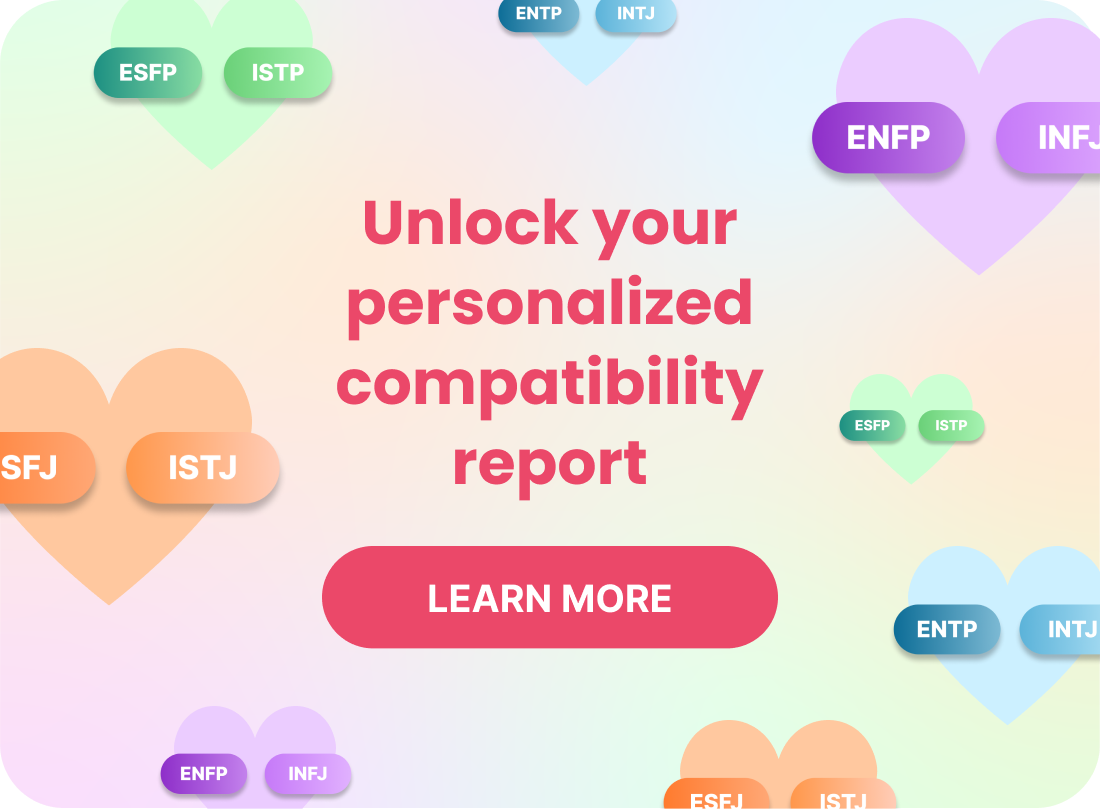What Happens When You Ignore Someone?
The word “ignoring” describes the act of choosing not to respond to someone or something. This can happen in various forms, such as ignoring messages, calls, or social media notifications. Ignoring can be intentional or unintentional, and the reasons behind it can vary. The irony is that while the definition is all about not paying attention, ignoring someone can send a clear message. In this article, we explore what happens when you ignore someone.

The word “ignoring” describes the act of choosing not to respond to someone or something. This can happen in various forms, such as ignoring messages, calls, or social media notifications. Ignoring can be intentional or unintentional, and the reasons behind it can vary. The irony is that while the definition is all about not paying attention, ignoring someone can send a clear message. In this article, we explore what happens when you ignore someone.
Why do people ignore others?
The most common reason why people ignore others is that they just aren’t interested. We have a lot of pulls on our time, and we can’t always respond to everyone. Sometimes, we choose to focus our time and attention on other things. In such cases, ignoring someone may not be intentional, but rather, it’s a matter of priorities. We don’t feel a strong connection with everyone we come across in life, and it’s natural to choose who we invest our time and energy into. This isn’t in itself an unkind act; it’s just how life works.
Let’s take an example in a work context. If you are a manager with a lot on your plate, it’s understandable that you may not be able to respond to every email or request immediately. It doesn’t mean you are intentionally ignoring your team; it just means there are other urgent matters that require your attention.
However, there can also be more complex reasons behind ignoring someone. Some people may ignore others due to past conflicts or negative experiences with that person. They might feel angry or hurt and may choose to ignore the person who has caused those emotions, either forever or until they feel more grounded. In this case, ignoring is being used as a defense mechanism.
Ignoring someone can also be a form of self-sabotage. Someone may ignore a person they care about because they fear getting too close or being vulnerable. In a dating context, ignoring someone can also be a way to send a message of disinterest or rejection. Some people may choose to ignore someone rather than have an uncomfortable conversation.
As you can see, there are various reasons why people may choose to ignore others, and it isn’t always a conscious decision. Occam’s razor states that the simplest explanation is often the correct one, and in this case, it would be that they just have other priorities.
What happens when you ignore someone?
When you ignore someone you have been communicating with, they will likely feel hurt, confused, or angry. They might also feel offended and disrespected. Not being acknowledged or heard will likely make them question their importance to you. Ignoring someone is a way of communicating that the connection isn’t worth much, or anything, to you.
Ignoring someone can make them feel insignificant. For example, if you ignore a text message for a week, you are essentially communicating that this person wasn’t worth ten seconds of your time for a reply during those seven days. Of course, different norms and standards apply to different types of connections. It’s generally more acceptable to ignore a colleague’s email for three days than your significant other’s text message.

Being ghosted can be deeply painful because it sends a clear message of a perceived lack of value. It can feel like someone is saying, “I didn’t even care enough to tell you I didn’t want to continue this connection.” While the reality is that it can be a little more complicated than that, this is how being ignored is generally received in dating.
Ignoring someone can actually be far more damaging to a connection than conflict. When we engage in conflict, it at least means there has been a level of engagement. Conflict offers the opportunity for resolution or closure. It’s a way of saying, “I care enough about this connection to at least make an effort to address the issue.” Whether the issue is addressed or not, the fact that there was an attempt to communicate means something.
When you ignore someone, it can also have a negative impact on their self-esteem. They may start to question their worth, especially if they already struggle with confidence issues. Being ignored can make someone feel invisible, unimportant, or not good enough. If someone has self-esteem issues, ignoring them can also make them feel like they need to prove their worth to you.
Ignoring someone can also lead to resentment and anger, especially if the person being ignored isn’t aware of the reason behind it. It might cause them to ruminate and overthink the situation. They might replay scenarios in their head, trying to understand what went wrong or what they did to deserve being ignored.
Intentionally ignoring someone can be a form of manipulation or power play. It can be a way of making someone feel insignificant and controlling the dynamic in the relationship. This obviously isn’t a healthy or respectful way to behave.
In some cases, being ignored can actually have a positive impact. It can be a wake-up call for some people that prompts them to work on their communication or behavior. Ignoring someone can be a subtle way of saying that this person needs to change their ways if they want to be part of your life. It can encourage them to reflect on the situation. This shouldn’t be done in a manipulative or hurtful way but rather as a boundary-setting action.
Ultimately, if you ignore someone for long enough or consistently, there’s a high chance that the connection will completely break down. On the surface, ignoring someone can seem like a lack of communication. But in reality, it’s a form of nonverbal communication that sends a strong message. When you ignore someone without a valid reason, it damages the trust between you. You are giving the impression that you are unreliable, that your connection isn’t a priority, and that you won’t be there for them if they need you.
It can be possible to rebuild a relationship after a period of ignoring, but it’s often difficult. The person who was ignored may not feel like they have a safe space to express their feelings. As such, they might keep their guard up, and there can be a complete breakdown of communication. In a lot of people’s minds, actions speak louder than words, so the fact that you chose to ignore them could overshadow any apologies or explanations. After ignoring someone, don’t assume that everything will go back to normal if you decide to reach out again.
If you’ve been on the receiving end of being ignored, try not to take it personally. It’s often a reflection of the other person’s own priorities or issues rather than your worth as an individual. We are all worthy of love and connection, and being ignored by one person doesn’t change that. It just means that this particular connection may not be right for you.
Self-preservation vs. neglecting others
One concept to explore in relation to ignoring someone is the difference between self-preservation and neglecting others. Self-preservation involves taking care of our physical, emotional, and mental well-being. It’s about setting boundaries, prioritizing our needs, and making time for ourselves. Neglecting others can be a consequence of prioritizing our own needs to the point where we disregard others.
The reality is that sometimes, self-preservation involves hurting or disappointing others as a byproduct. The point at which someone starts acting in their own best interest, potentially at the expense of someone else’s feelings, varies depending on personal values and needs. For instance, setting boundaries can be difficult and might result in someone feeling rejected or ignored. But ultimately, if it’s for the sake of your well-being, it might be necessary.
It comes back to the question: what do we owe each other in dating and relationships? Yes, sometimes we have to prioritize ourselves and our needs. But when are we obliged to engage in conversation, to offer closure, or to communicate our feelings? How should we navigate that delicate balance between self-preservation and neglecting others?

One factor to consider is how much time and effort the other person has invested in the connection. If it’s someone you have matched with on a dating app and never met, ignoring them might not have a significant impact. But if it’s someone you have been on multiple dates with and you have established a close connection, ignoring them will likely have a much bigger impact.
The other key factor to consider is how much the other person values the connection. If it’s clear that the person you are dating or in a relationship with deeply cares about you, ignoring them is going to have greater consequences than if they were less emotionally invested. This is about putting yourself in the other person’s shoes and considering to what extent your actions may affect them.
That said, there are sometimes valid reasons for ignoring someone, even if they value your connection and have invested a significant amount of time and effort into the relationship. If someone makes you feel unsafe or disregards your boundaries, ignoring them might be the best option. It’s important to prioritize your safety and well-being in situations like this.
Another valid reason for ignoring someone is if you haven’t had a two-way conversation or established a mutual agreement to talk. If someone messages you out of the blue and you have never spoken before, you don’t owe them a response. If they continue to message you despite not receiving a response, it’s understandable to ignore them.
Final thoughts on what happens when you ignore someone
At the end of the day, ignoring someone is a complex topic. It can have different consequences and meanings depending on the situation, the individuals involved, and their intentions. What’s certain is that ignoring someone has the power to greatly impact relationships and hurt others.
We can’t always keep everyone happy, and sometimes, it’s necessary to prioritize our own well-being. In certain situations, this might involve ignoring someone. But be mindful of the consequences of your actions. Remember that ignoring someone is often more damaging than conflict or uncomfortable conversations. So if you value a connection with someone in any way, think carefully before giving them the silent treatment.




